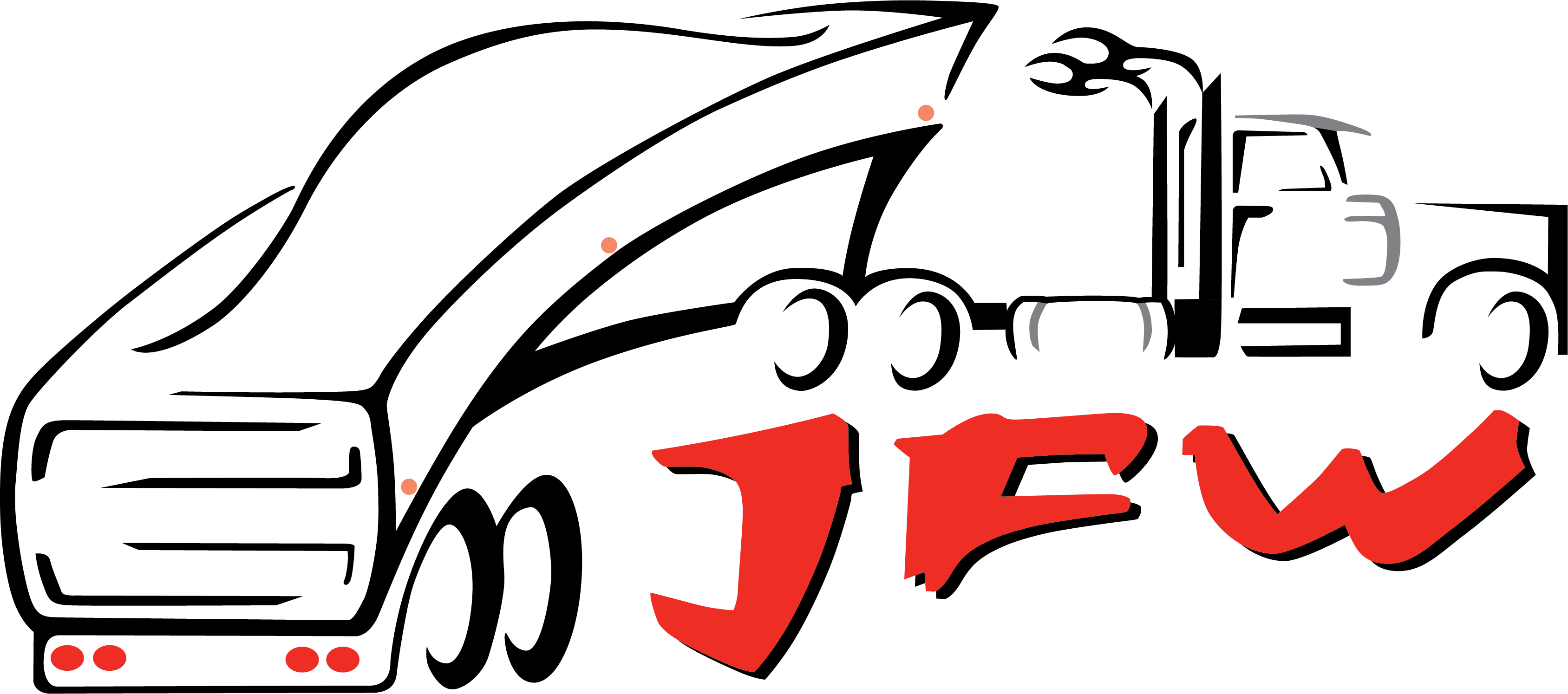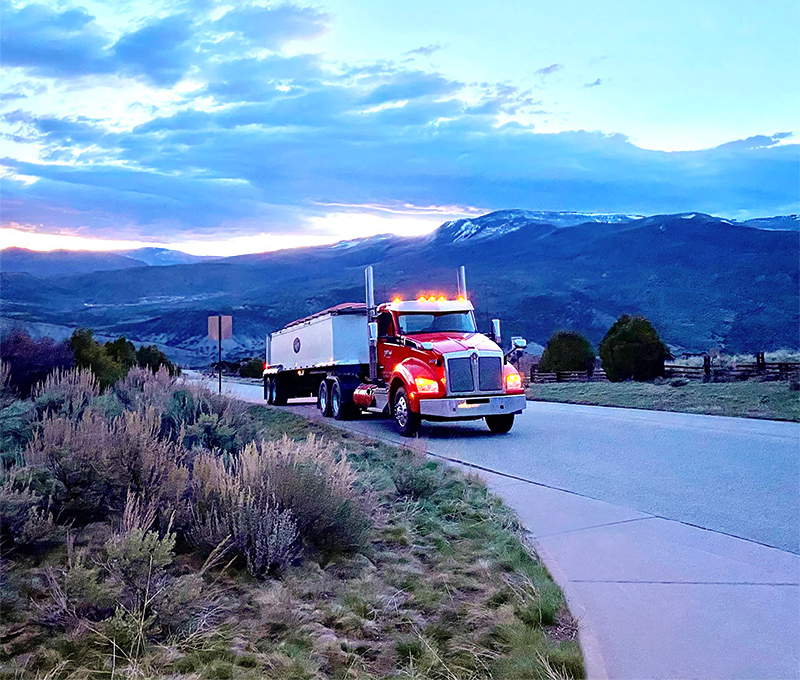Here’s Everything You Need to Know About Class A and Class B
If you’ve been considering a career in the trucking industry, you’ll probably know step 1 is securing your Commercial Driver’s License (CDL).
Of course, we can’t just let anyone hop behind the wheel of a big rig, so obtaining your CDL will take hard work, dedication, and a clean driving record.
But before you can even begin studying and training for your CDL, you’ll need to make a decision…
The type of CDL you get will determine what jobs you can apply for, and sometimes, how much money you’ll earn.
When it comes to trucking, you only need to worry about class A and class B—and we’ll give you all the details on both. So, keep reading! Here’s everything you need to know about CDLs.
What Does it Take to Get a CDL?
Obtaining a CDL isn’t a walk in the park, but getting a CDL is often well worth the pay and benefits of a trucking job.
To be clear, formal training isn’t required, but without it most trucking companies won’t offer you an interview.
So, expect to spend 40 – 80 hours in the classroom studying all things trucking.
On top of your classroom time, you’ll likely spend 100 – 120 hours driving with an instructor.
Employers may ask you to drive with one of their veteran drivers once you get a job, especially if you’re brand new to the industry.
This may seem like a lot of work, but keep in mind that some drivers obtain their CDLs in as little as 3 weeks!
What is a Class A CDL?
Think of a class A CDL as a universal license to drive heavy vehicles.
With class A truck driving jobs, you’ll be qualified to drive just about anything with a gross vehicle weight (tractor and trailer) of 26,001 pounds or more. Plus, you’ll be able to drive vehicles with a towing capacity of 10,000 pounds or more.
As you might imagine, class A is the type of CDL that qualifies you to operate big rigs—but that’s not all.
A class A CDL also qualifies you to operate vehicles that fall into the class B and local CDL jobs Denver categories.
What is a Class B CDL?
Like class A CDLs, a class B license allows you to operate vehicles with a gross weight of 26,001 pounds or more with a towing capacity of 10,000 pounds or more.
So, what makes class A and class B so different?
Well, the #1 difference you need to consider is the type of vehicle you can operate with each license.
While both licenses have the same weight and towing qualifications, a Class B does not qualify you to operate tractor trailers.
Instead, Class B CDL holders typically operate garbage trucks, cement mixers, buses, dump trucks, and other smaller vehicles.
If you’re thinking that’s a minor difference, think again—the license you obtain can seriously affect how much you get paid, the hours you work, and more!
Class A or Class B: What’s the Better Option?
Obviously, you’ve got a big decision to make—you’ve got to decide how the CDL you choose will affect your employment opportunities.
So, let’s dive into the details of both CDLs…
As we mentioned earlier, both licenses will give you the ability to operate vehicles with a gross weight of 26,001 pounds and a towing capacity of 10,000 pounds.
But there are a few other details you need to consider. Because a class A CDL permits you to operate heavier combination vehicles (such as tractor trailers) you’ll typically spend more time in the classroom.
In comparison, a class B CDL allows you to get employed and on the road sooner—but a class B often includes more city driving and everything that comes with it (dangerous roads, drivers, traffic, and more).
Overall, the most important thing to keep in mind is that a class A CDL is considered a “universal” license to drive heavy vehicles.
As you’d probably expect, having a broader skillset and higher qualifications also means higher pay.
Got Your CDL A? Make the Most of it with JFW Trucking
If you commit to getting your CDL, it’ll pay dividends for your career. Long haul truckers are in high demand, with around 231,000 Class A CDL trucking positions opening up every year.
Still, you’ll have another big decision to make after you obtain your CDL A—you’ll have to decide who you want to work for.
Even with high demand and job growth, some trucking companies don’t offer the pay and benefits to match.
You could spend weeks looking for an employer that recognizes your skillset, and offer you excellent pay and benefits…
On the other hand, you could finish your job search today with JFW Trucking!
We’ve been on the road for over 70 years, and all that time has given us a simple perspective on trucking—our employees keep our business running, and we should do our utmost to offer them the best pay and benefits around.
As a driver with JFW, you can expect…
- Paid Time Off
- Local CDL Jobs Denver Only for local routes
- Health benefits (healthcare, dental, vision, and savings plans)
- Retirement plans
- Paid holidays (New Year’s Day, Easter, Memorial Day, Independence Day, Labor Day, Thanksgiving Day, Christmas Day)
- Quarterly bonuses for driving safely
- Modern equipment (2017 or newer) and a skilled mechanic team
Our goal is to be an employer that checks all the boxes, while supporting our employees however we can.
We’re in it for the long haul, but we can keep our trucks on the road without safe, dedicated drivers.
So, whether you’ve just gotten your class A CDL or you’re an industry veteran, we’d be happy to have you on our team.
Click here to APPLY NOW, or visit our homepage for more information about what we do.

